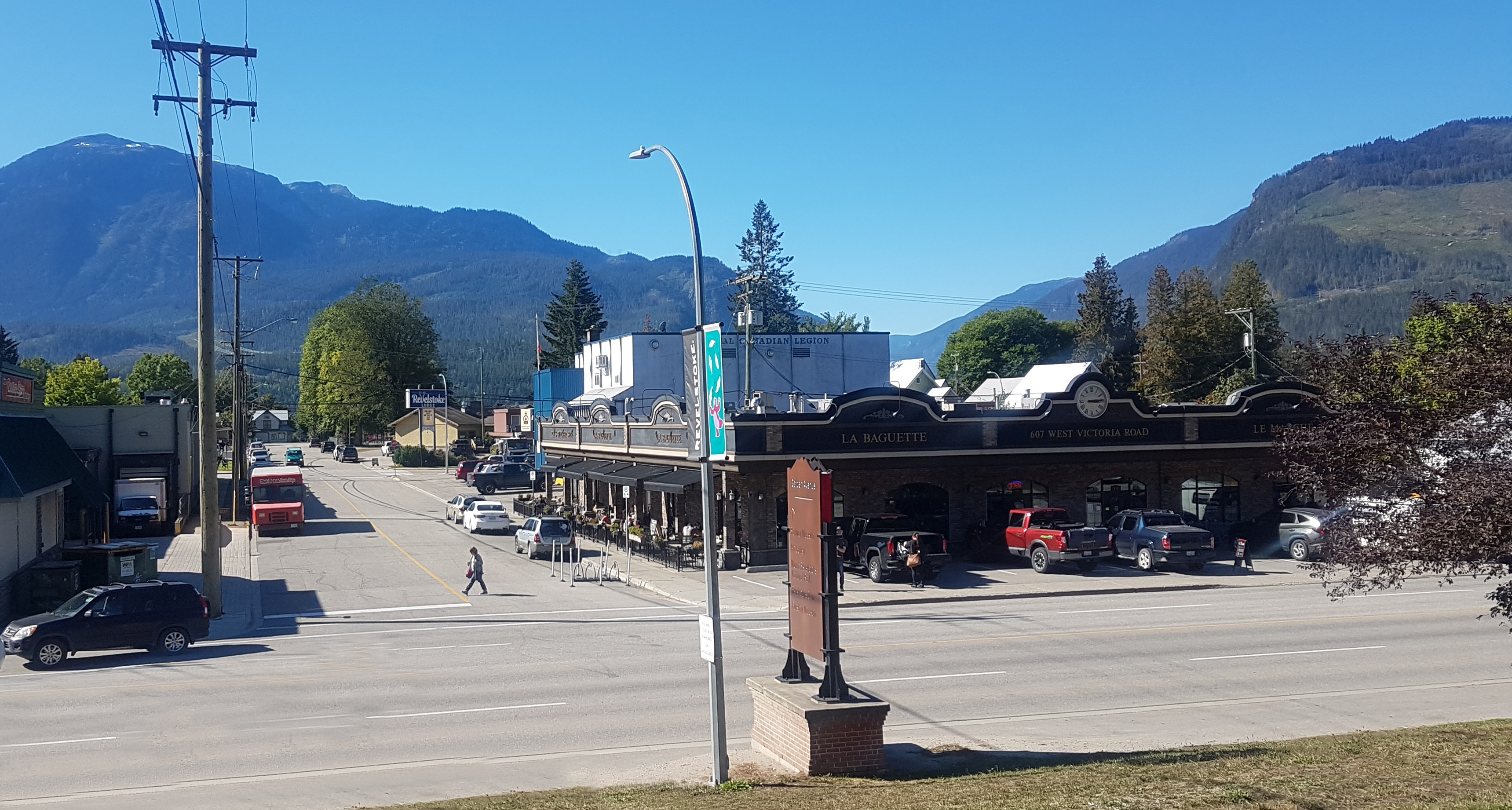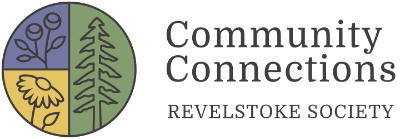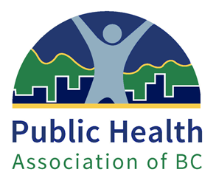The COVID-19 pandemic has highlighted the vulnerabilities and inequities of food systems. These vulnerabilities are not limited to pandemic-related crises, and when considering such issues through a climate justice lens, it is apparent that communities and societies also will experience the increasingly severe effects of climate change unevenly. Partnering with the community of Revelstoke, British Columbia, the Reimagining Food Systems for a Sustainable and Equitable Future project uses an equity lens to develop and apply interactive visualizations as planning tools for supporting progress toward sustainable, equitable local food futures. The project employs a novel interdisciplinary approach, combining concepts/methods from food justice, planning, and visualizations studies, and it responds to two research challenges revealed by COVID-19:
- First, the pandemic has highlighted how food systems impacts affect different groups unequally; accordingly, this research will develop and use an equity framework for guiding food systems planning processes, outcomes, and tool development.
- Second, the project experiments with interactive visualizations that support digital and remote engagement, thereby offering new opportunities for planning research and practice during times when circumstances call for online engagement (e.g., physically-distancing during the pandemic).
This research is part of a larger project that also works with the communities of Prince Rupert and Prince George in their efforts to develop local food systems in ways that support social justice objectives.
Download Food Systems Planning and Climate Justice Report

The research consists of four phases:
- Phase 1 develops and applies food systems equity thinking and a planning framework to a scenario planning exercise.
- Phase 2 creates a visualization tool for exploring food systems scenarios, which users can virtually ‘walk through’ to explore different local food futures.
- Phase 3 engages local government, community groups, and community members in a workshop to explore the food systems scenarios and assess the visualization as a tool for supporting local food systems planning and progress toward food justice.
- Phase 4 involves another workshop with local food systems stakeholders and actors to examine how a food system scenario may differ in the face of uncertainty and varying global environmental and socioeconomic conditions.
A systems map of the relationships among food systems components and issues was developed using interview and workshop data from Revelstoke food systems actors. The systems map captures the social justice and equity considerations surrounding food systems issues by identifying how the systems elements relate to the House that Modernity Built framework. The framework consists of four dimensions: separability, nation-state, Western knowledge, and late-stage capitalism. In the systems map, these dimensions are related to the food impacts to stimulate thinking about the underlying root causes of and inter-relationships among these issues and broader social and environmental challenges.
Click the image below to expand and explore the system map, and click the button below the image to download a editable file of the systems map, prepared using yEd Graph Editor software.

Download Systems Map Working Project
The Revelstoke Food Futures Visualization Tool presents a series of scenarios that represent different conditions and configurations of food systems in the community of Revelstoke in the year 2100. The visualization centres on a neighbourhood that surrounds an old railway site, and users can 'walk through' and navigate the scenarios from the first-person perspective. Three scenarios were developed through a community workshop, and they capture the potential outcomes of local food systems development being guided by considerations around, and transformations of, (1) food supply, (2) food affordability, and (3) food governance. The scenarios and the scenario development process are detailed in this report:
Download Revelstoke Food Scenarios Report
How do I use the visualization? Click on the visualization window to start using the tool, and then follow the button prompts to enter the different scenarios. The visualization features four scenarios: the current conditions (i.e., baseline scenario), and the three food futures scenarios (i.e., food supply, food affordability, and food governance). When in the visualization, use the WASD or arrow keys to (respectively) walk forward, left, down, and right. Use the Q and E keys to turn left and turn right, and use the mouse to look around. When in a scenario, step in the blue circles to learn more about the scenario. Below the visualization window are options to open the tool in a different window and download the desktop application (after downloading, unzip the package, enter the RevelstokeVis_v1.1 folder, and double-click the RevelstokeVis application).
Open Visualization in a New Window Download Desktop Version
This research is part of a larger project developing planning tools and training supports with the communities of Revelstoke, Prince Rupert, and Prince George in their efforts to develop local food systems in ways that support social justice objectives. Descriptions of the tools and a button for accessing (and downloading user guides for) the tools can be found below:
Access the Food Systems Planning and Evaluation Tools
The final phase of the project gathered food systems stakeholders and actors in Revelstoke in workshop to explore how a local Food for All (FfA) socenario (represented in the visualization above) would change under different global environmental and socioeconomic conditions. The global conditions were defined by the Intergovernmental Panel on Climate Change’s (IPCC) Shared Socioeconomic Pathway (SSP) scenarios, namely SSP1 (sustainability, taking the green road) and SSP3 (regional rivalry, a rocky road). The outcomes of the workshop include a series of policy responses and actions that would occur to produce FfA-SSP1 and FfA-SSP3 scenarios, and these responses/actions are detailed in a policy brief, which can be accessed by clicking the button below.
 |
We are grateful to Canada’s Social Sciences and Humanities Research Council (SSHRC) for providing funding provided to support this project through their New Frontiers in Research Fund (NFRF) - 2021 Innovative Approaches to Research in the Pandemic Context initiative and their Partnership Engage Grants program.

